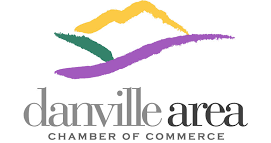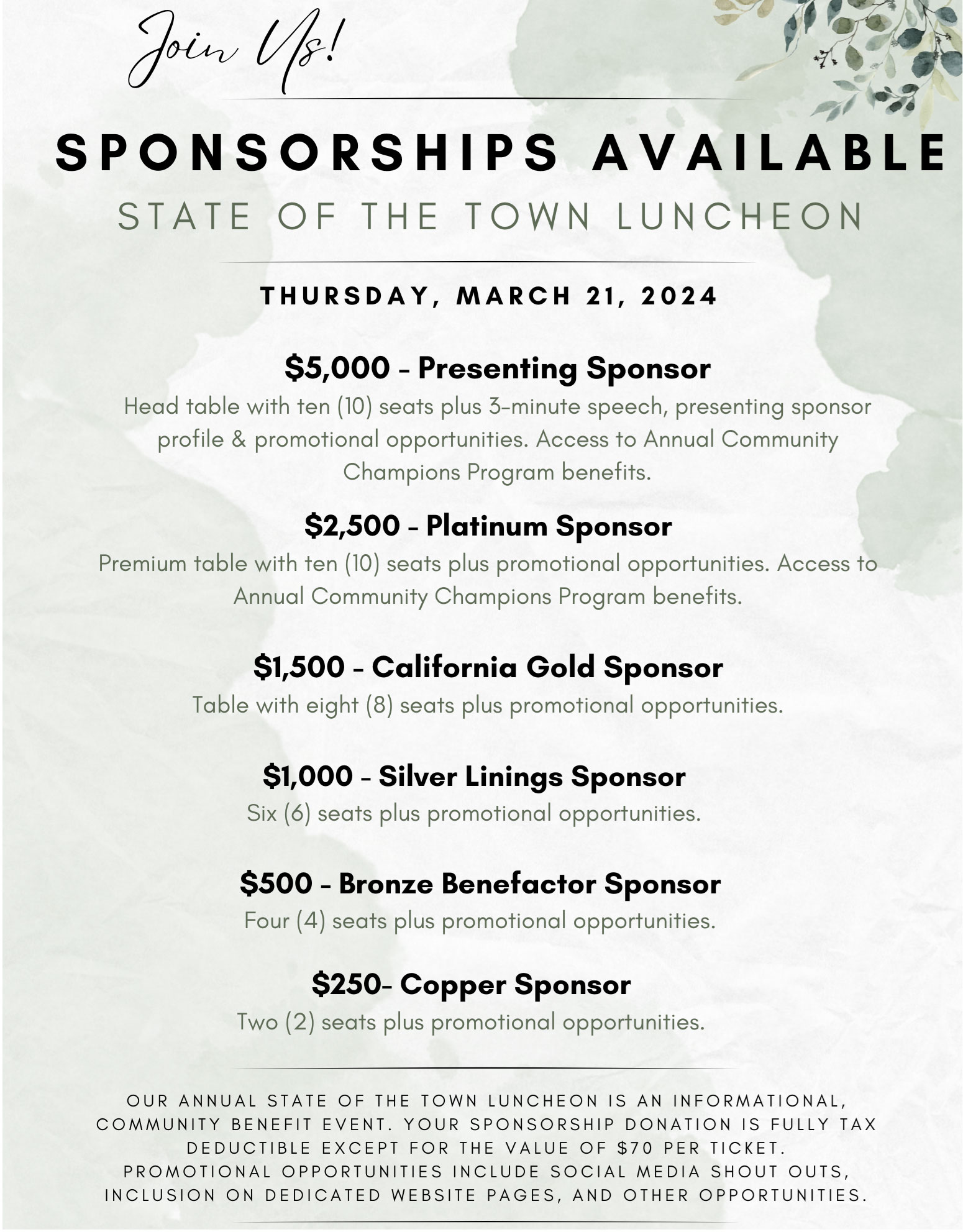The Fireproof Founder: Building a Smarter Relationship With Risk
There’s no innovation without risk, but not all risk is created equal. Founders who treat risk like a game of roulette tend to fold fast, while those who shape a mature, measured relationship with uncertainty tend to outlast the noise. Rather than being allergic to risk, successful builders know how to reframe it—less as a threat, more as a lever. That difference, subtle but powerful, separates companies that endure from those that flame out after a short burst of headlines.
Stop Confusing Activity With Progress
Many founders operate under the illusion that constant motion equals momentum. But launching features too fast, hiring without a plan, or burning capital to chase competitors can backfire when none of it is rooted in risk-aware thinking. The smartest leaders regularly ask what they're assuming and what would happen if those assumptions turned out to be wrong. They bake in pauses, not to slow down but to evaluate whether their energy is moving the company forward or just outward. It's this type of surgical pacing that turns risk into a roadmap instead of roulette.
Founders Who Hoard Control Often Miss the Red Flags
There’s a trap baked into founder culture: the belief that control equals safety. In reality, the solo decision-maker often becomes the single point of failure. Smart founders distribute risk by surrounding themselves with people who challenge them, not just echo their optimism. It’s not about sharing blame—it’s about widening perspective so blind spots shrink before they become brick walls. Control feels comforting, but it can dull your edge when you need clarity the most.
Missing the Message Can Cost You Everything
One of the most quietly devastating risks founders face is failing to receive critical legal or government notices on time. To avoid missed lawsuits, compliance deadlines, or tax correspondence, many choose to get a registered agent service at ZenBusiness that can reliably handle these official communications. Designating a registered agent ensures these vital documents are received promptly and securely. It’s a smart way to stay compliant without adding more administrative weight to your plate.
Chasing Every Opportunity Is Its Own Form of Recklessness
Opportunity can be just as risky as threat, especially when you’re early-stage and resource-constrained. The founders who try to do everything—new markets, adjacent products, high-profile partnerships—often dilute the very thing that made their original vision matter. Strategy isn’t just about choosing what to pursue; it’s about deciding what not to do. When you say yes to everything, you’re not being ambitious—you’re gambling your runway without a parachute.
Stress-Test the Best-Case Scenario, Not Just the Worst
Most risk models lean heavily into downside protection. That matters, but it’s only half the equation. What if things go right—can the infrastructure scale? Is the team ready? Will the supply chain break under unexpected volume? Smart founders don’t just brace for collapse—they prepare for success so it doesn’t break them. In doing so, they avoid the paradox of being caught off guard by their own momentum.
Gut Instinct Is a Terrible Risk Tool (Unless It’s Informed)
There’s a myth that great founders “just know” when to bet big. What often gets ignored is how much they’ve trained that instinct through repetition, pattern recognition, and failure. Intuition that’s not informed by lived experience, hard data, or trusted feedback is just guesswork in disguise. When you stop pretending to be the oracle and start being the operator, your decision-making improves dramatically. Risk becomes less about gambling and more about managing probabilities with clear eyes.
Burnout Is a Risk You’re Probably Ignoring
When founders think about risk, they tend to focus on market timing, competition, or product failure. Rarely do they account for the slow, invisible drag of exhaustion—the kind that clouds judgment, erodes resilience, and leads to impulsive choices. Burnout doesn’t announce itself loudly; it creeps in and undermines your best instincts. The founders who build to last recognize that their energy and mental clarity are assets to be protected, not just exploited. Taking care of the operator is risk management.
Founders often assume risk is something to “get past”—a chapter that eventually gives way to stability. But the best companies are built by people who learn to carry risk with discipline, not fear. They adapt, refine, and upgrade their relationship with uncertainty instead of trying to eliminate it. If you can make that shift—from avoidance to fluency—you’re not just managing risk. You’re turning it into one of your sharpest tools.
Discover the business community in Danville by visiting the Danville Area Chamber of Commerce and unlock opportunities for growth and success!



